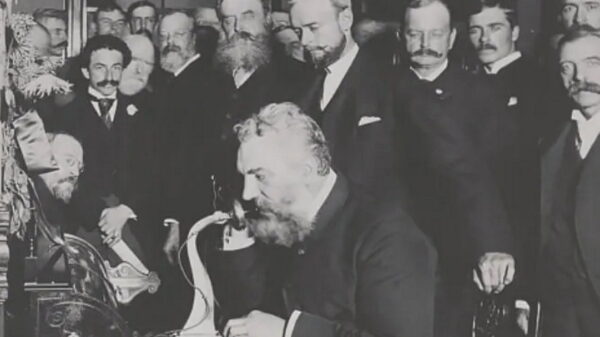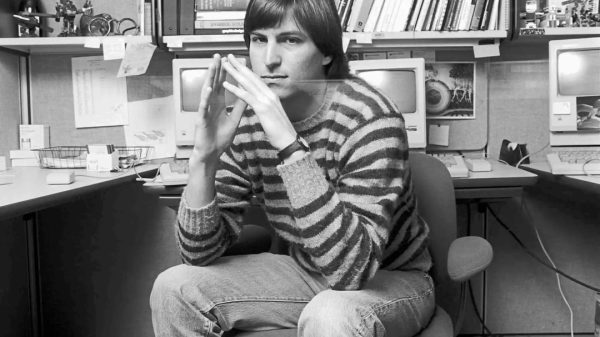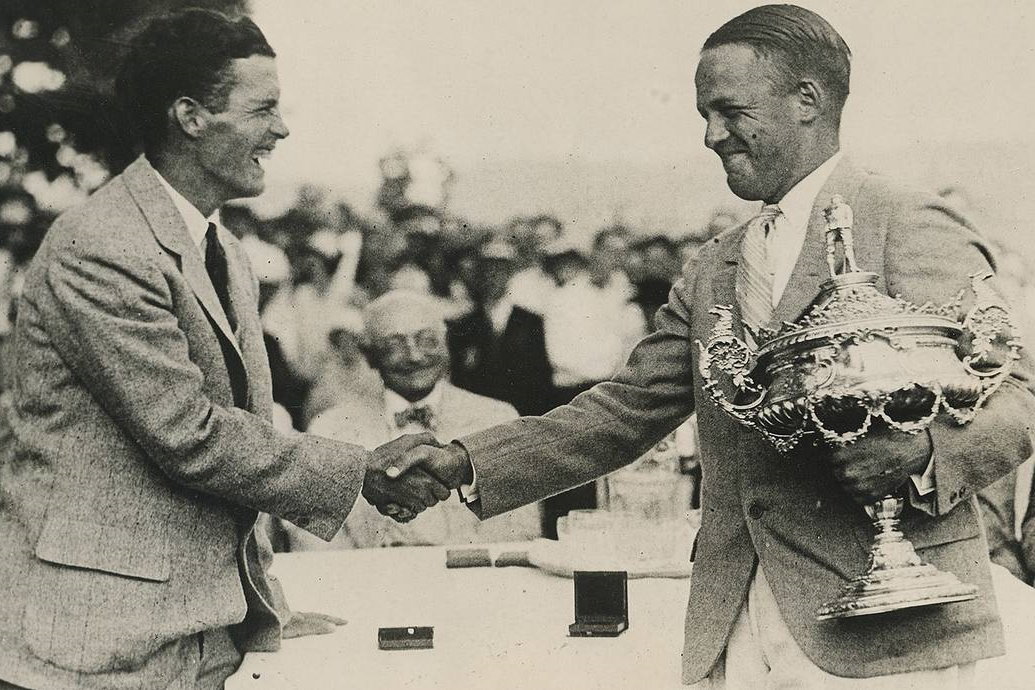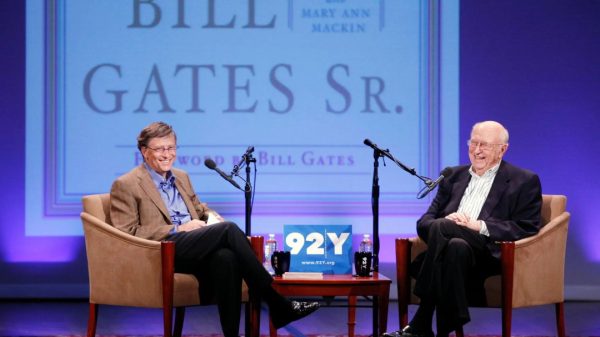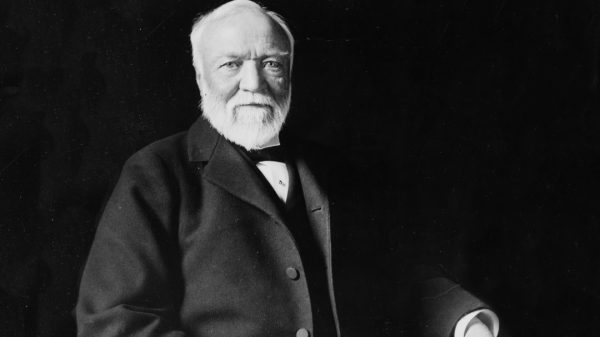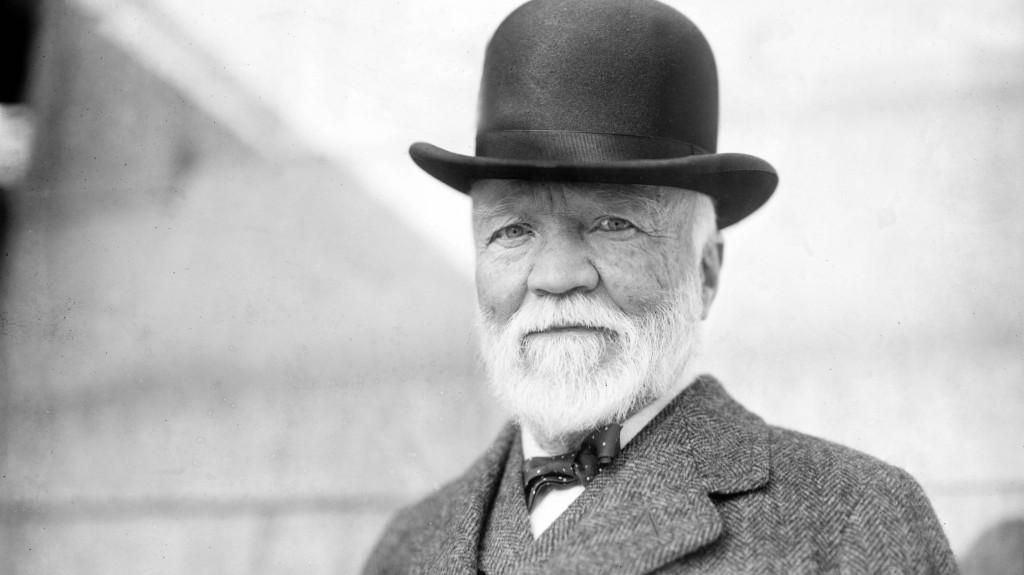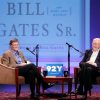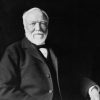Andrew Carnegie, a wealthy and famous industrialist, is considered the father of modern philanthropy.
“To try to make the world in some way better than you found it is to have a noble motive in life.”
Andrew Carnegie
Andrew Carnegie (1835–1919) was among the wealthiest and most famous industrialists of his day. Through Carnegie Corporation of New York, the innovative philanthropic foundation he established in 1911, his fortune has since supported everything from the discovery of insulin and the dismantling of nuclear weapons, to the creation of Pell Grants and Sesame Street.
The work of the Corporation and its grantees has helped shape public discourse and policy for more than one hundred years. Millions of people have benefited from Carnegie’s foresighted generosity — a legacy of real and permanent good. We invite you to learn more about this remarkable man’s life through an interactive timeline, historical documents, photographs, audio, and more.
Originally titled simply “Wealth” and published in the North American Review in June 1889, Andrew Carnegie’s essay “The Gospel of Wealth” is considered a foundational document in the field of philanthropy.Andrew Carnegie’s Story, Carnegie Corporation of New York
Carnegie believed in giving wealth away during one’s lifetime, and this essay includes one of his most famous quotes, “The man who dies thus rich dies disgraced.” Carnegie’s message continues to resonate with and inspire leaders and philanthropists around the world.

